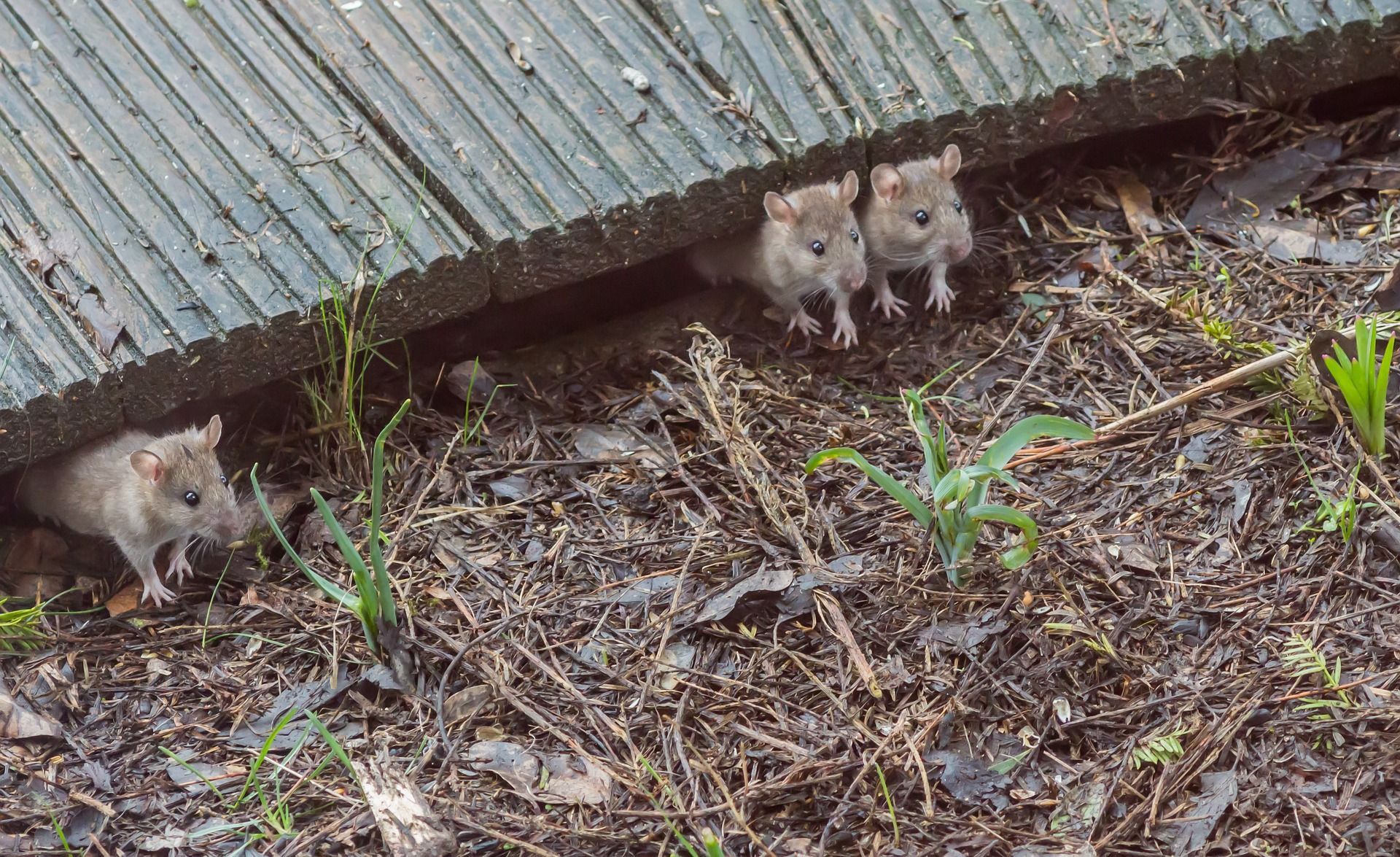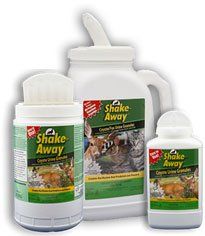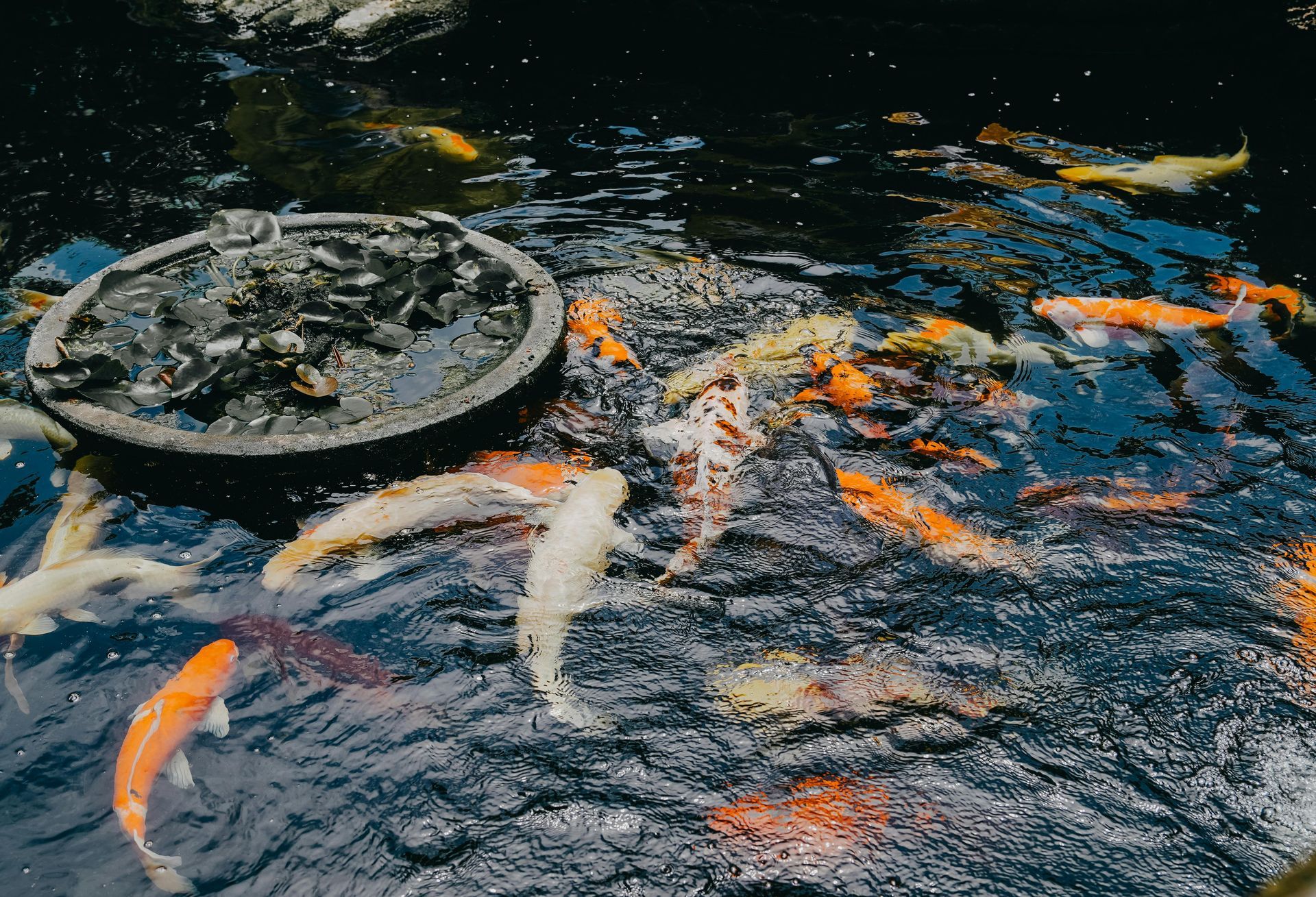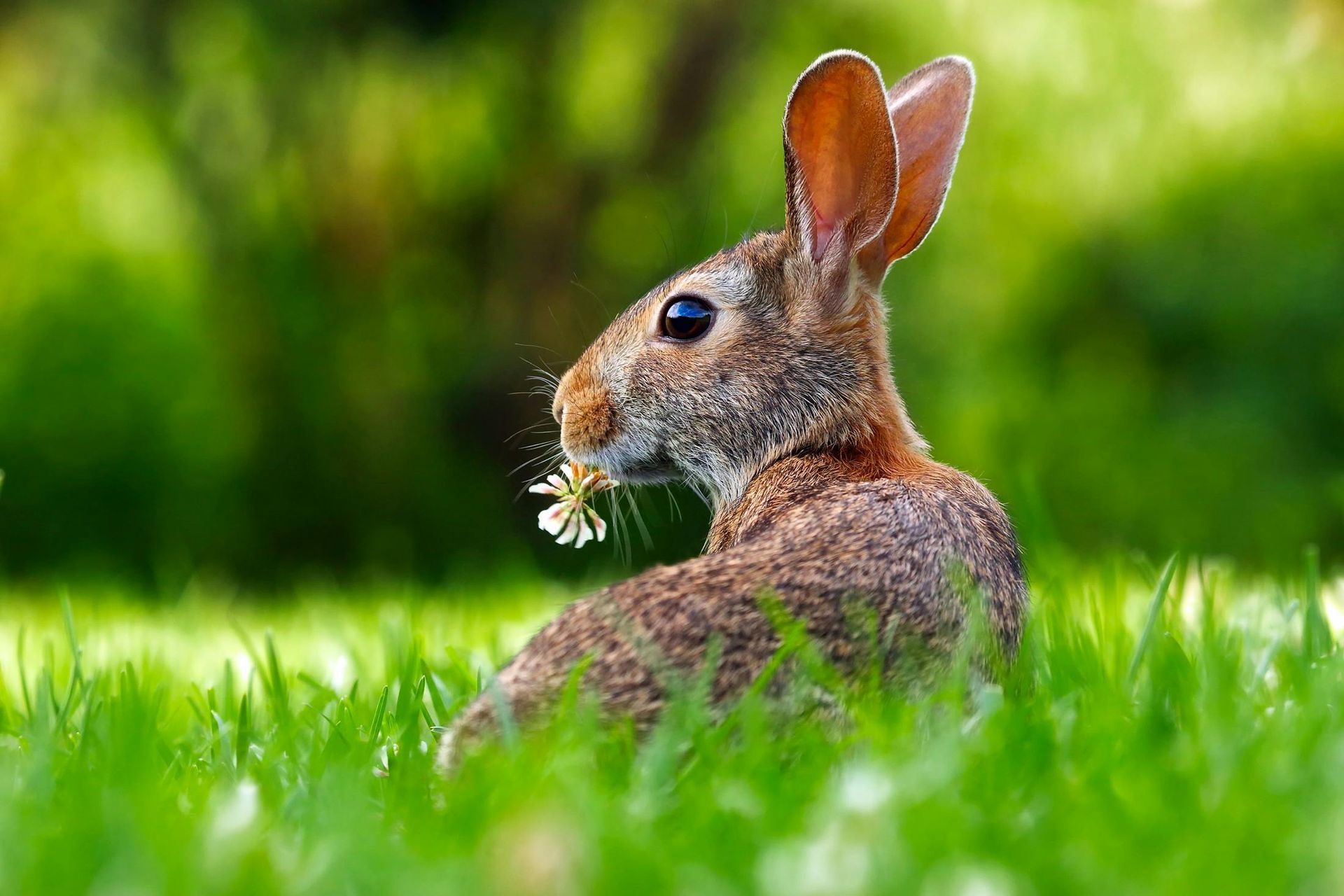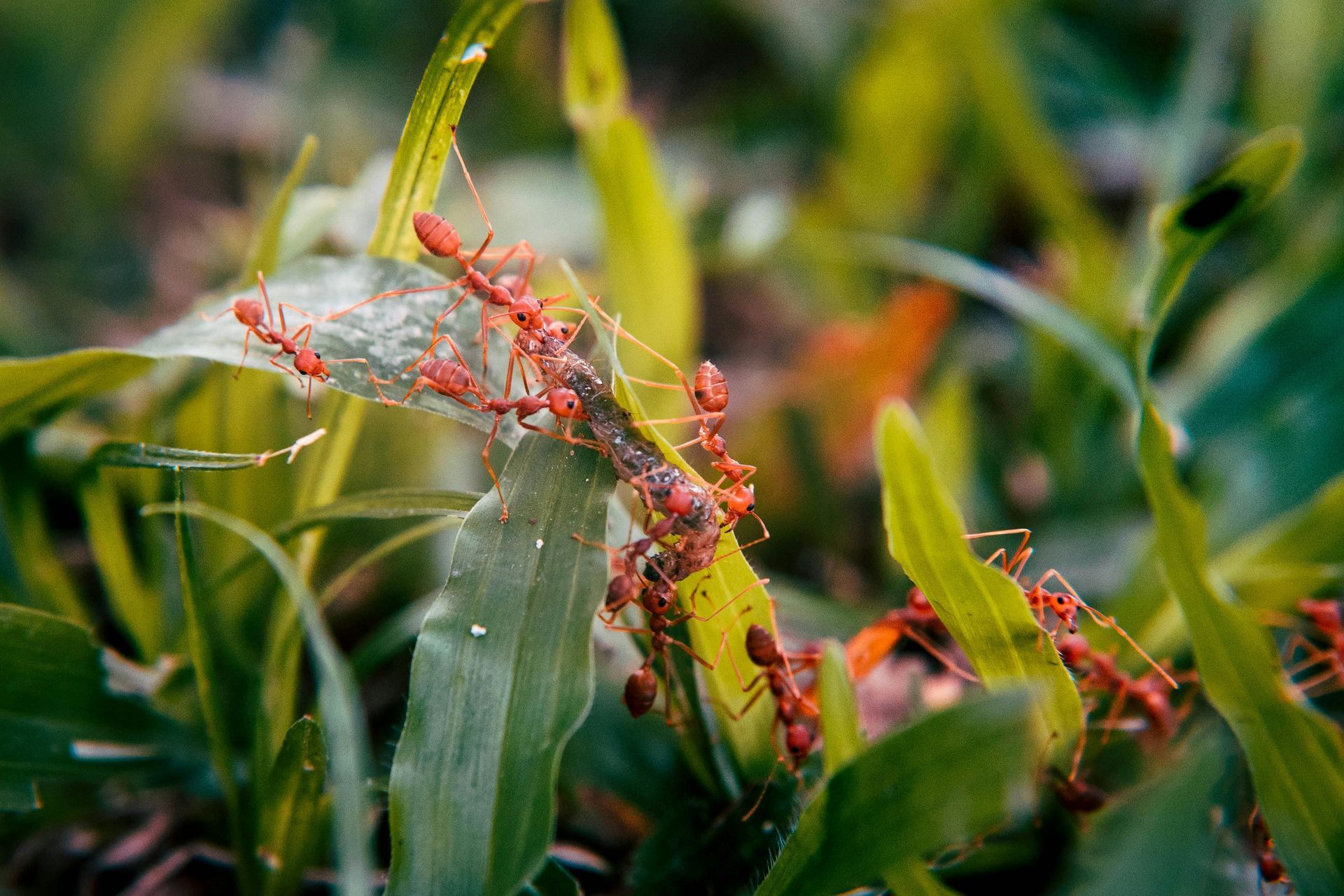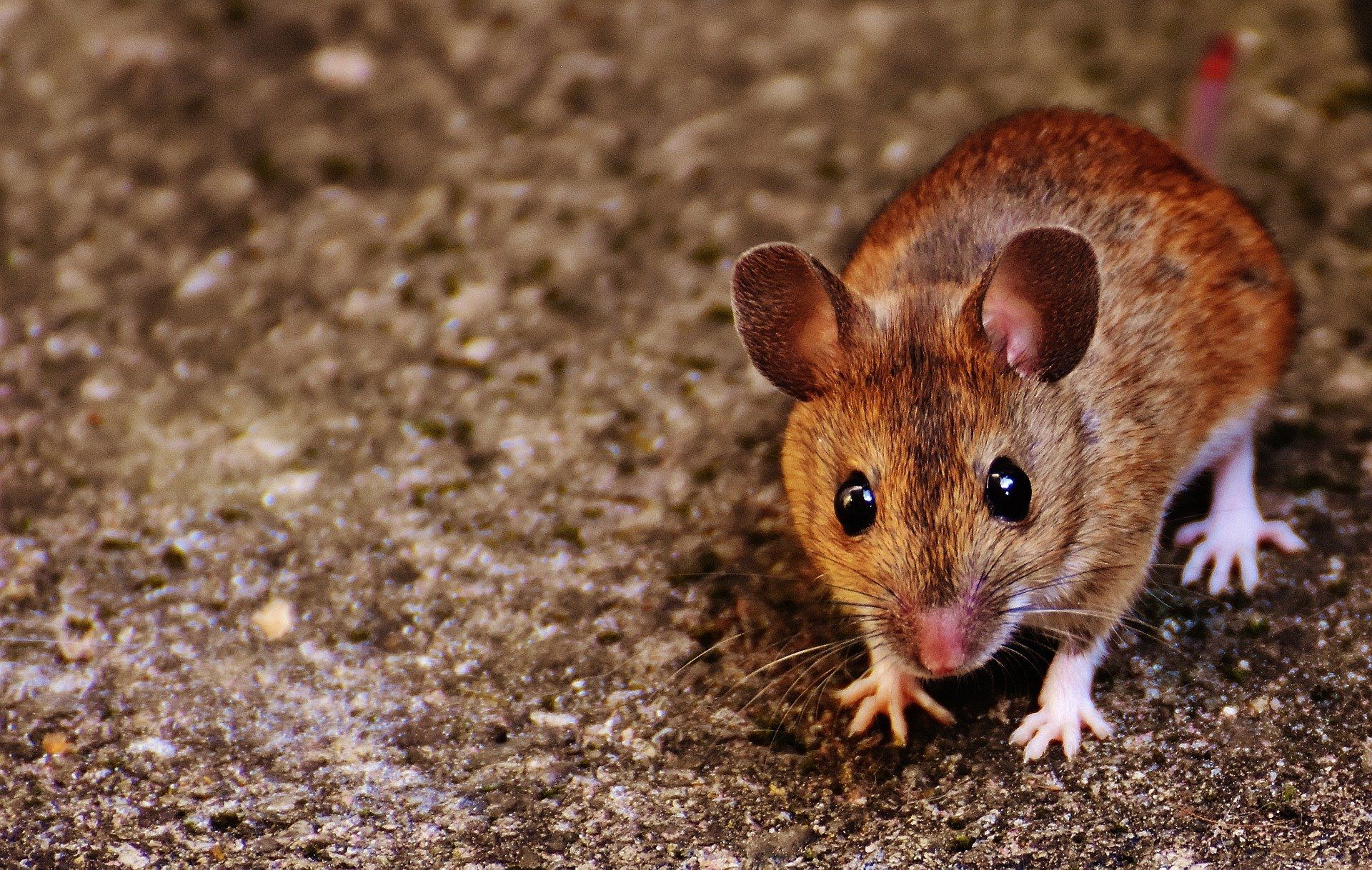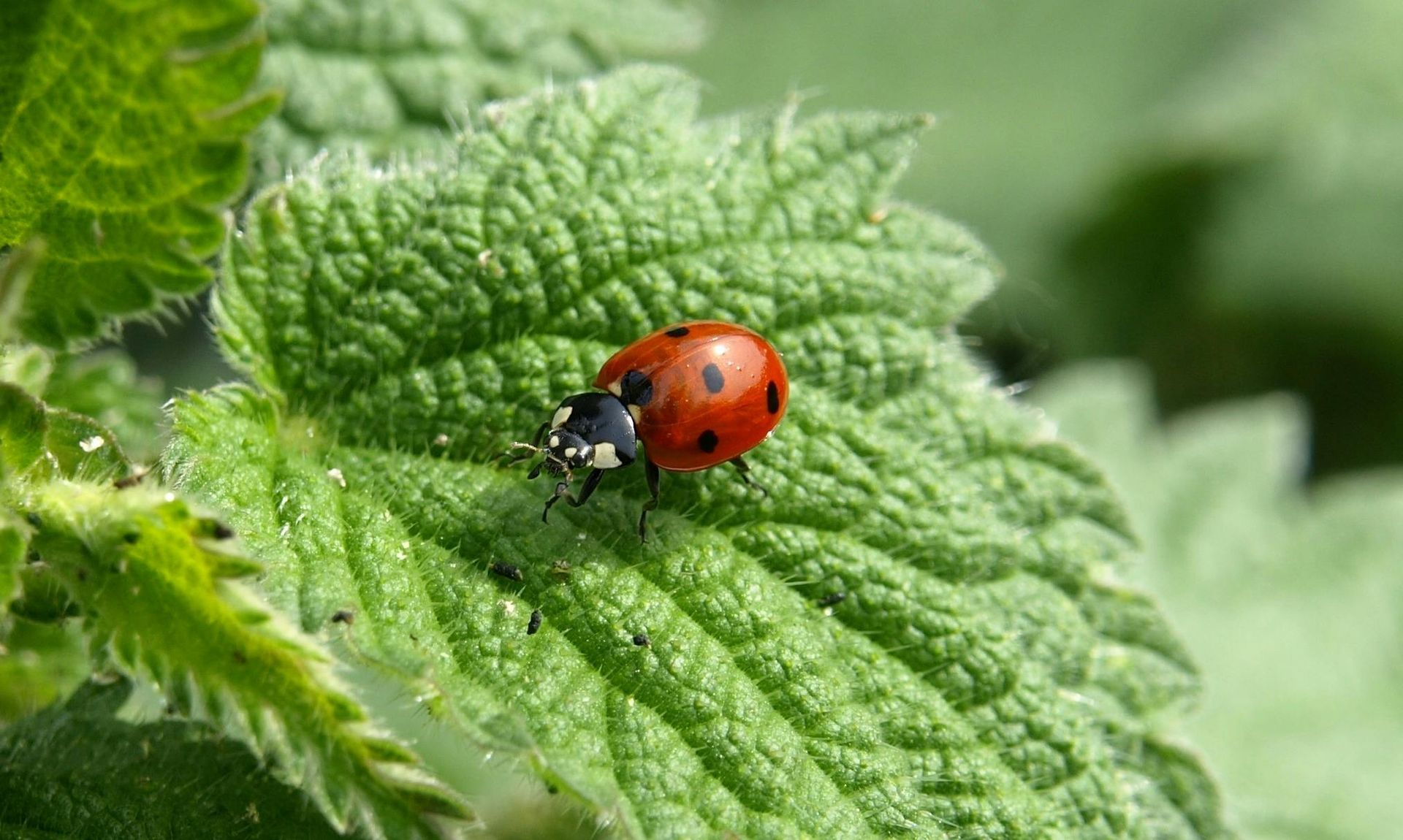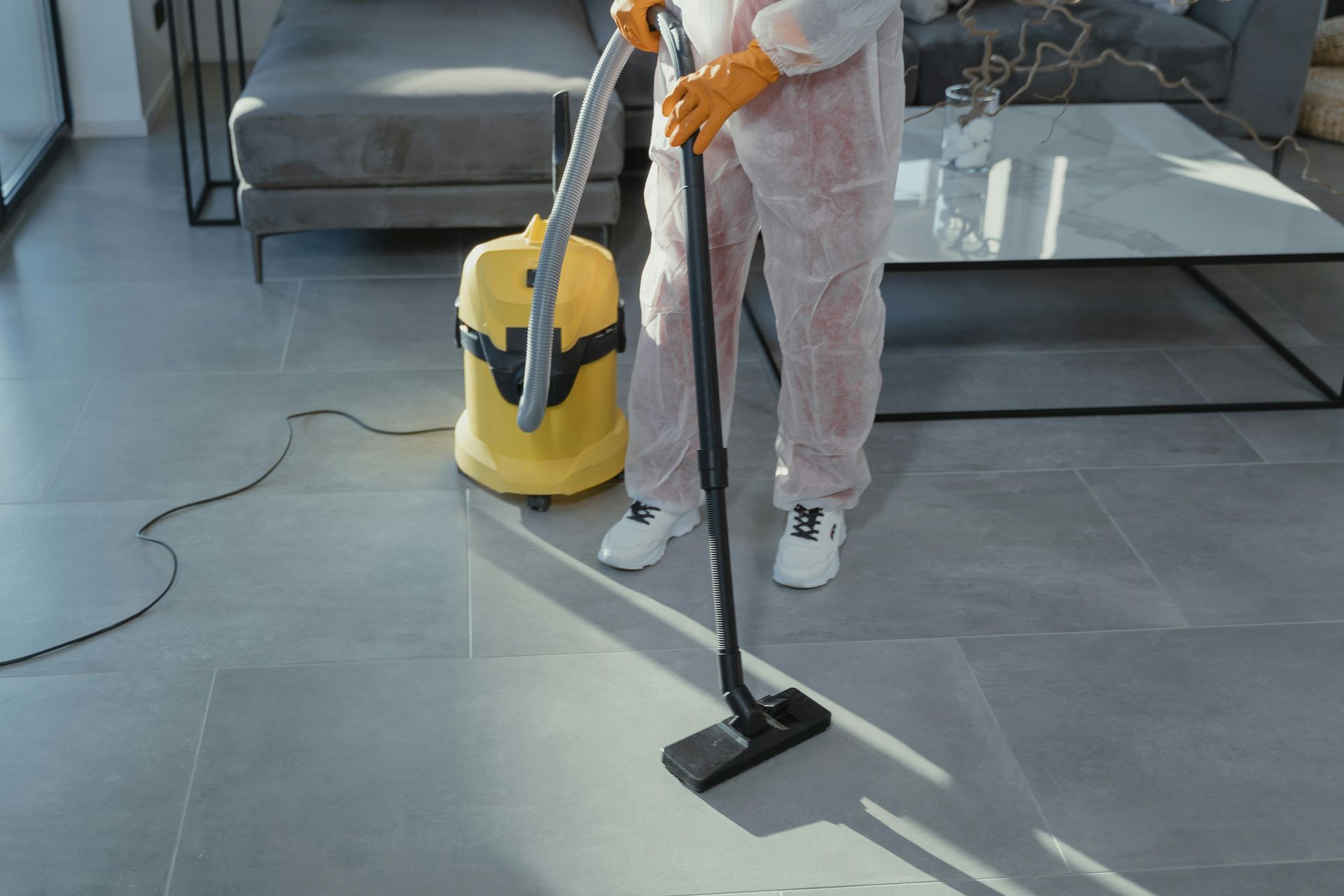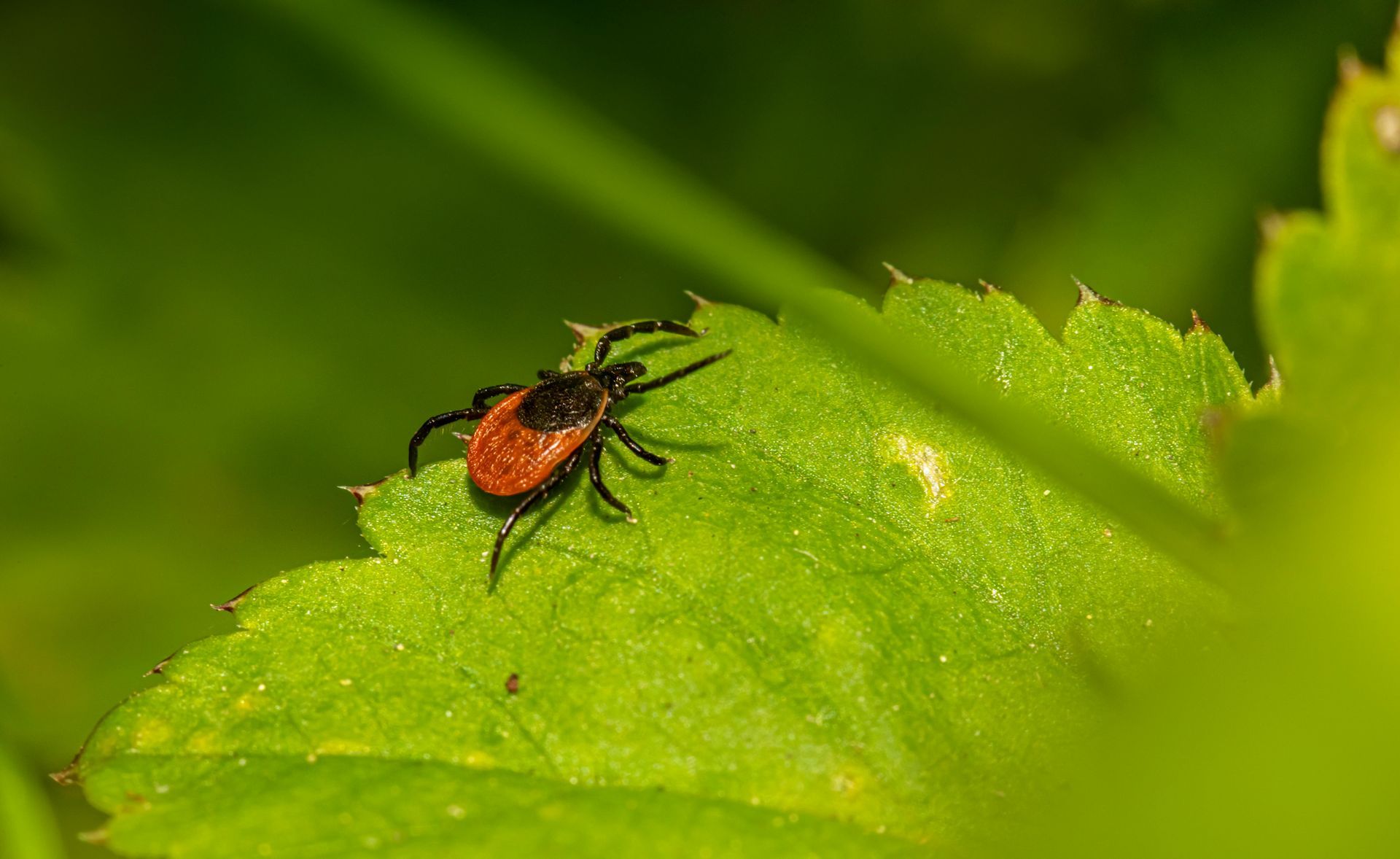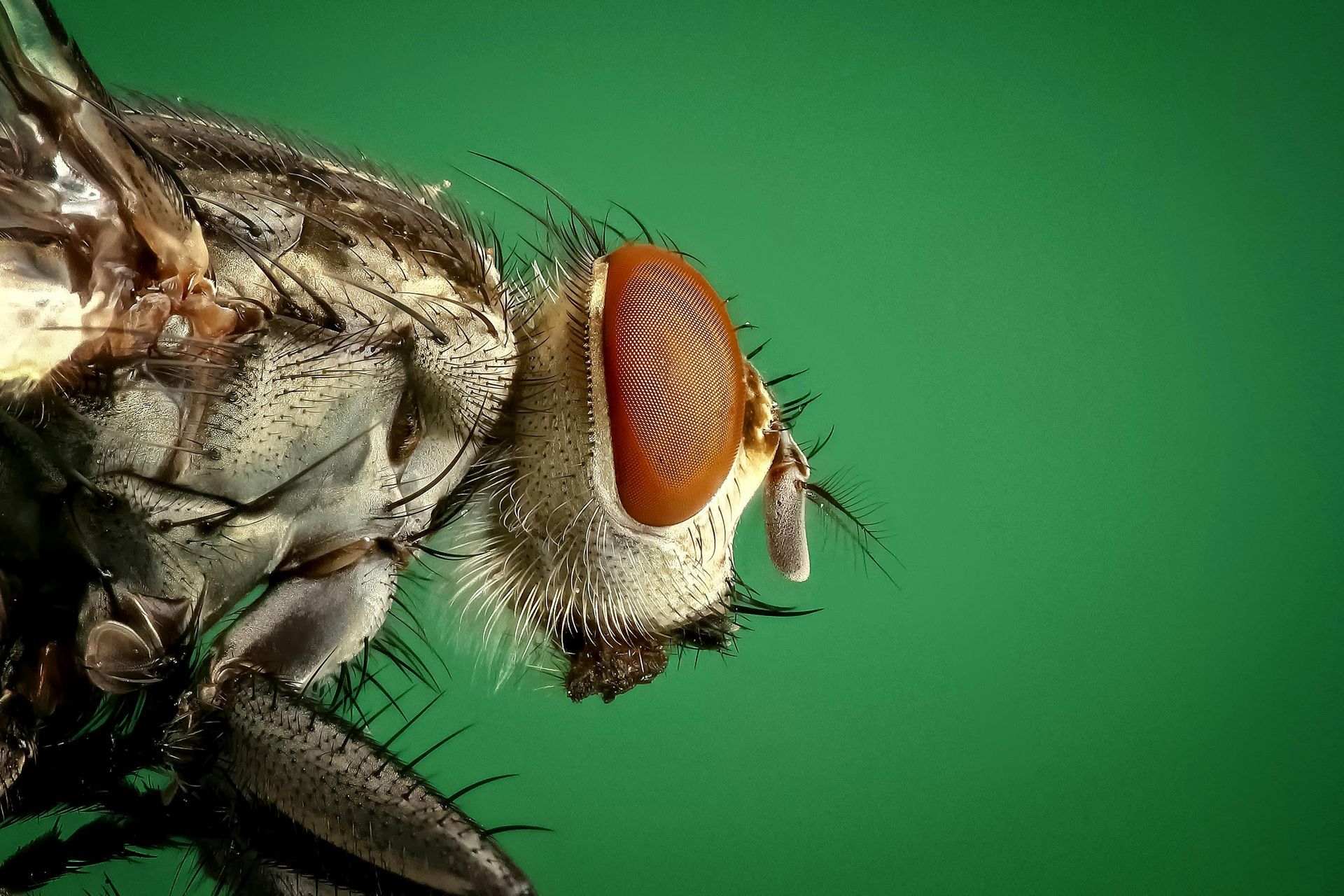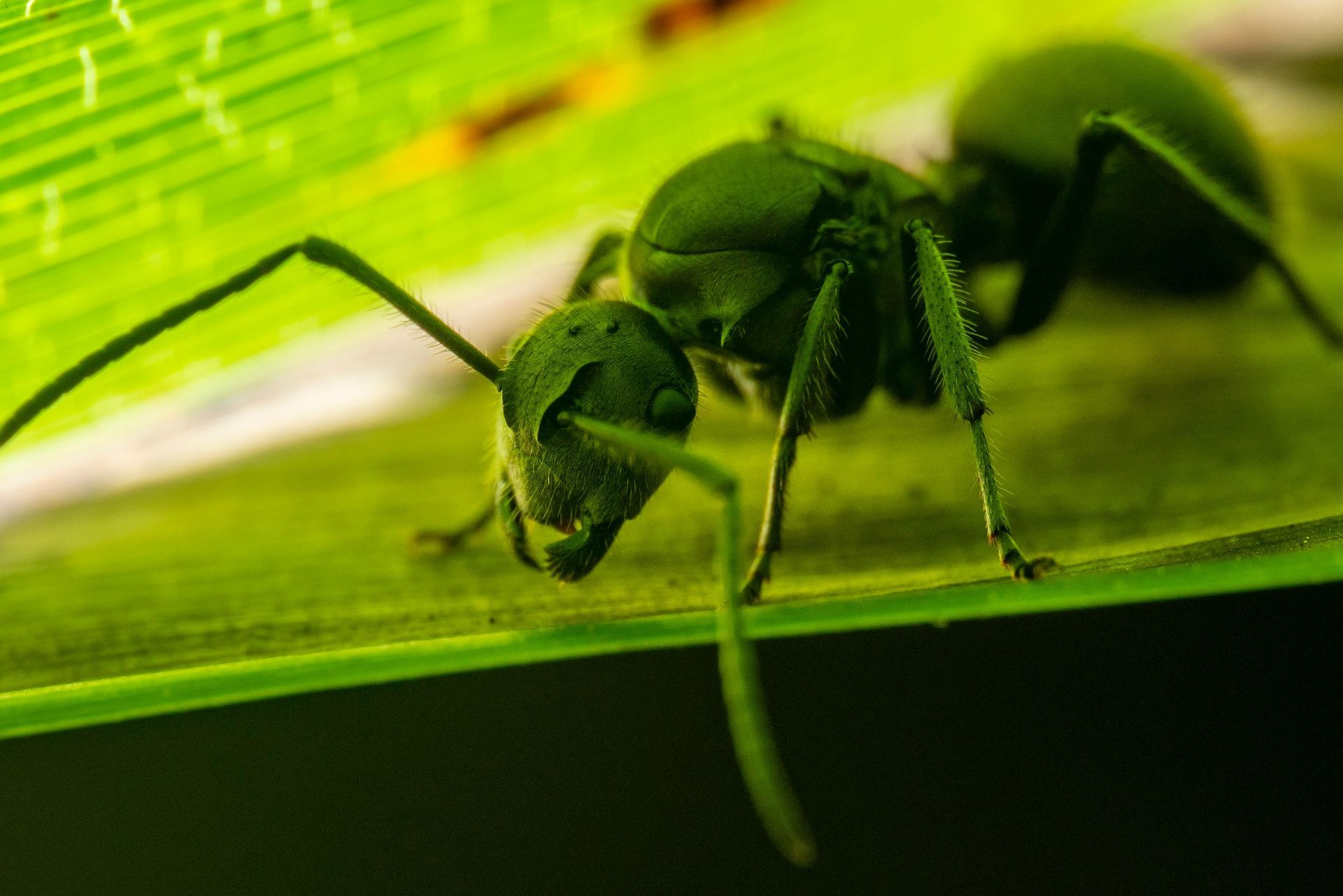Essential Pest Control Tips for a Pest-Free Summer
How to Keep Your Home and Yard Free of Pests During the Hot Summer Months
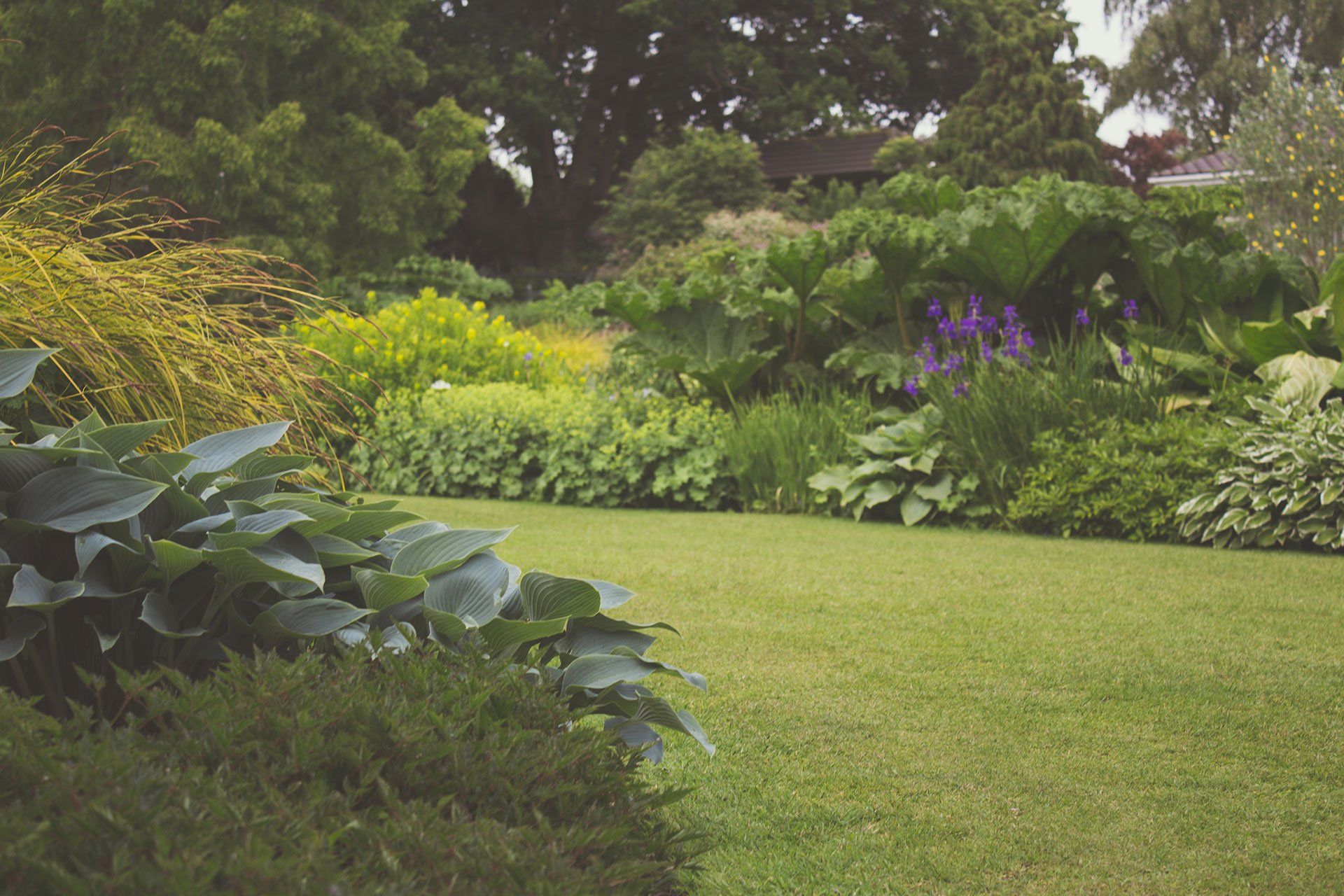
Summer is filled with outdoor activities, blooming gardens, and warm weather. However, the hot summer also creates the perfect environment for pests to thrive. From mosquitoes and ants to flies and rodents, various pests can invade your home and yard, causing discomfort and potential health risks. To help you enjoy a pest-free summer, we’ve compiled essential pest control tips to protect your property.
1.Eliminate Standing Water
Standing water is a breeding ground for mosquitoes, which can carry diseases like West Nile virus and Zika virus. To reduce mosquito populations:
- Drain: Empty any containers that collect water, such as flower pots, bird baths, and gutters.
- Cover: Use covers or lids for rain barrels and other water storage containers.
- Maintain: Ensure that pools and hot tubs are properly maintained and chlorinated.
2. Keep Your Home Sealed
Pests can enter your home through even the most minor cracks and openings. To prevent their entry:
- Inspect: Inspect your home’s exterior for gaps, cracks, and holes.
- Seal: Use caulk or weatherstripping to seal gaps around windows, doors, and utility lines.
- Repair: Fix any damaged screens on windows and doors to keep flying insects out.
3. Maintain a Clean Yard
A well-maintained yard is less attractive to pests. Here’s how to keep your yard pest-free:
- Trim: Regularly trim shrubs, bushes, and trees to prevent pests from using them as shelter.
- Mow: Keep your lawn mowed to an appropriate height to reduce hiding spots for pests like ticks and rodents.
- Clean Up: Remove yard debris, such as fallen leaves and branches, which can attract pests.
4. Properly Store Food
Both indoor and outdoor food sources can attract pests. To keep pests away from your food:
- Store: Keep food in airtight containers and store them in the refrigerator or pantry.
- Clean: Immediately clean up spills and crumbs, and regularly remove the trash.
- Pet Food: Store pet food in sealed containers and avoid leaving it out overnight.
5. Use Natural Repellents
Natural repellents can help deter pests without the use of harsh chemicals. Consider the following options:
- Herbs: Plant pest-repelling herbs such as basil, mint, and rosemary around your yard and garden.
- Essential Oils: Use essential oils like citronella, eucalyptus, and lavender to repel mosquitoes and other insects.
- Critter Repellent Products: Sprinkle our animal repellents around the perimeter of your home and garden to deter crawling insects and pests.
6. Monitor and Manage Trash
Trash can attract pests like ants, rodents, and flies. Proper trash management is essential:
- Lids: Use trash cans with tight-fitting lids to prevent pests from accessing the contents.
- Empty: Regularly empty trash cans and keep them clean to reduce odors that attract pests.
- Distance: Store outdoor trash cans away from your home to minimize the likelihood of pests entering your house.
7. Schedule Regular Pest Inspections
Regular pest inspections by a professional can help identify and address pest issues before they become major problems:
- Inspection: Schedule routine inspections, especially during the summer when pest activity is high.
- Treatment: If pests are detected, follow the recommended treatments to eliminate infestations.
- Prevention: Discuss preventive measures with your pest control professional to protect your home and yard year-round.
Summer is a time for relaxation and outdoor fun, but also increases the risk of pest infestations. Following these essential pest control tips, you can enjoy a pest-free summer and protect your home and yard from unwanted invaders. Regular maintenance, proper food storage, and natural repellents can go a long way in keeping pests at bay. For persistent pest problems, consider professional pest control services to ensure your property remains safe and comfortable throughout the season.
Critter Repellent All Natural Animal Repellent Blog
